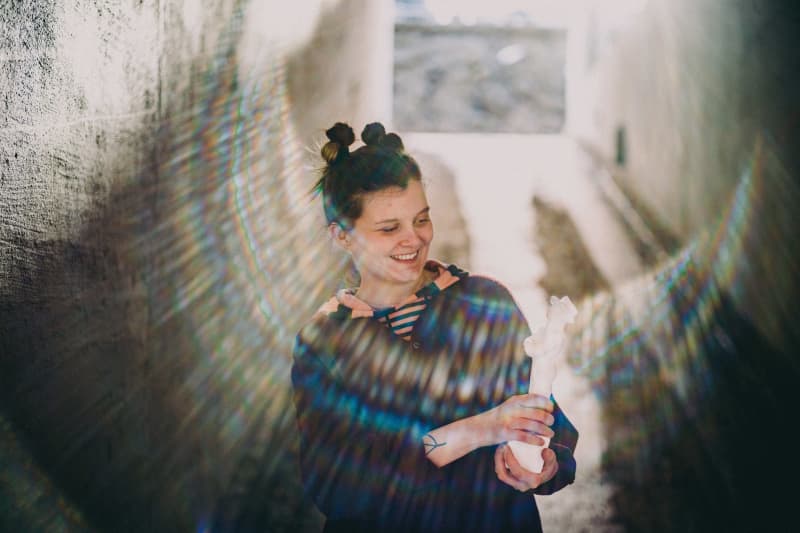
Film director, cultural guest Iiti Yli-Harja deals with human imperfection in his films in order to better understand himself.
In March, an almost unknown film director posed with a statue of Jussi on the red carpet at the Helsinki Cable Factory.
The main character of the film is Yli-Harja’s mother, who has become a real-life helpline. Mother is asked for advice on almost all possible problems. Both loved ones and acquaintances struggling with drug addiction need help.
Yli-Harja specializes in documentary puppet animation. It’s like a documentary, but it’s done with puppet animation.
The subjects of Yli-Harja’s films often spring from his own circle of life.
A panic attack messed up the gig
Yli-Harja had a panic disorder when he was young. It limited being in places, but the director feels that he has been able to live a \”good and fun life\” despite that.
One of the turning points was the founding of Pintandwefall. Yli-Harja put the band together at Vaskivuori high school. The band won the Ääni ja vimma competition in 2007, and the band became interested abroad.
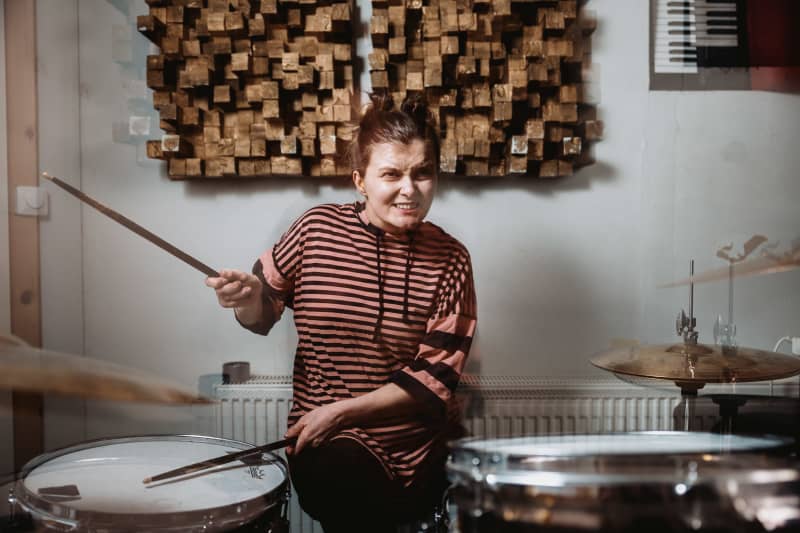
In Pintandwefall, the young women had fun. They broke the norms by choosing instruments they couldn’t play. Yli-Harja found himself behind the drums.
The group perform with Zorro masks on their faces and have Spice Girls-style stage names. Yli-Harja is a Tough Pint.
He calls the band family. Yli-Harja has made several albums with it.
– We have the idea that all crazy ideas are implemented and encouraged to go through life.
Despite the panic disorder, Yli-Harja was able to join the gigs and have fun, even though everything didn’t always go smoothly.
On the first European tour, Yli-Harja was driven by car via Tornio to Stockholm, because he was unable to board the ship in Helsinki due to a panic disorder. From Stockholm, the journey continued through Germany and Holland to France.
– Traveling was really difficult and exhausting, but gigging was wonderful, Yli-Harja states.
He hasn’t had a problem with traveling for a long time.
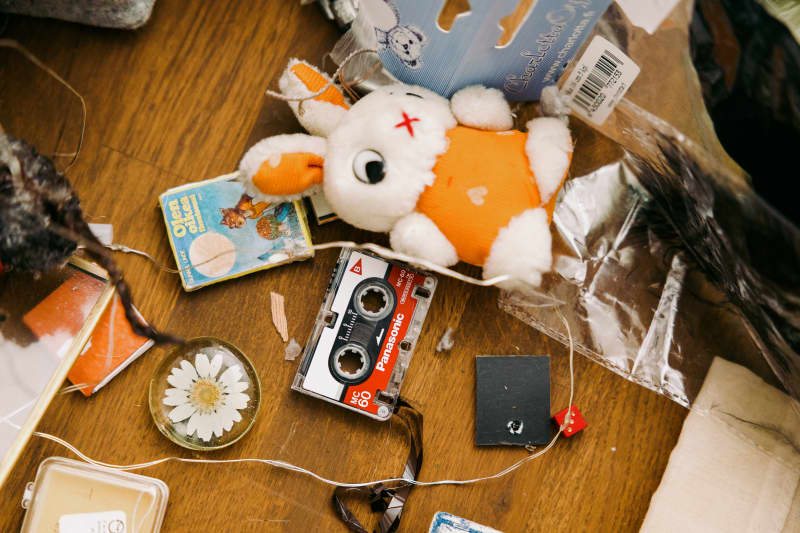
Self help books did not help
Despite the panic disorder, Yli-Harja already wanted to be in the front row as a child. As a musical child, he started violin studies at the conservatory at the age of 6. The father, who sang in an opera choir, took the girl along to performances where children were needed on stage.
Ylä-Harja founded his first band in middle school.
However, panic disorder had become a personal problem. It bothered Yli-Harja so much that he tried to get rid of it in every way.
– Maybe I even tried too much, and that was a bad thing.
Yli-Harja acquired literature in the field. He studied self-help books that advised how to get rid of anxiety.
– I drove myself to burn out by reading those books every day. I forced myself to do exposure exercises and that didn’t work either.
In the end, Yli-Harja got into a long therapy supported by Kela.
– The therapy didn’t cure everything right away, but it really moved forward. I have recovered from panic disorder some time ago.
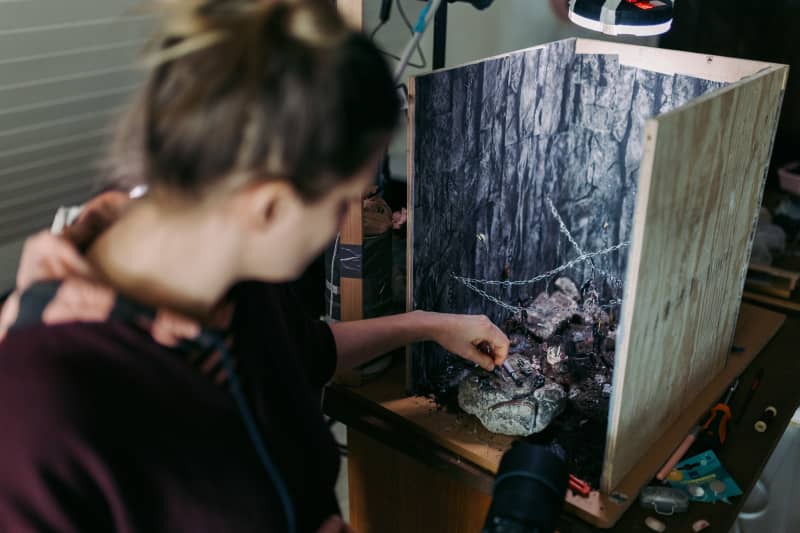
A man puts on make-up for a shopping trip
The director is interested in the jaggedness of life and the imperfect human being.
The director had been listening to Fatu and Rai’s \”babbling\” in real life for a long time before they ended up in Yli-Harja’s film. Friends tend to speak Finnish and English in \”hyper mode\”.
– Rai and Fatu were always so funny together. I was wondering if I could make a movie with them.
The jury of the Risto Jarva award stated in its reasoning that \”even though the surface of the film is glitter and glamour, friendship, cheese balls and make-up, heavy themes emerge from beneath the surface: it is a question of human rights, violence and death.\”
Fatu wants to show off in makeup at the convenience store. The shopping trip is described as a hot trip. The puppet animation includes the authentic speech of Fatu and Rai.
Unexpectedly, the film also became a farewell film, because Fatu left for Kosovo for a long time the morning after the shopping trip.
– The trip made Fatu very tense and anxious. It is clearly more dangerous in Kosovo than in Finland to show such aspects of oneself as a man, says Yli-Harja.
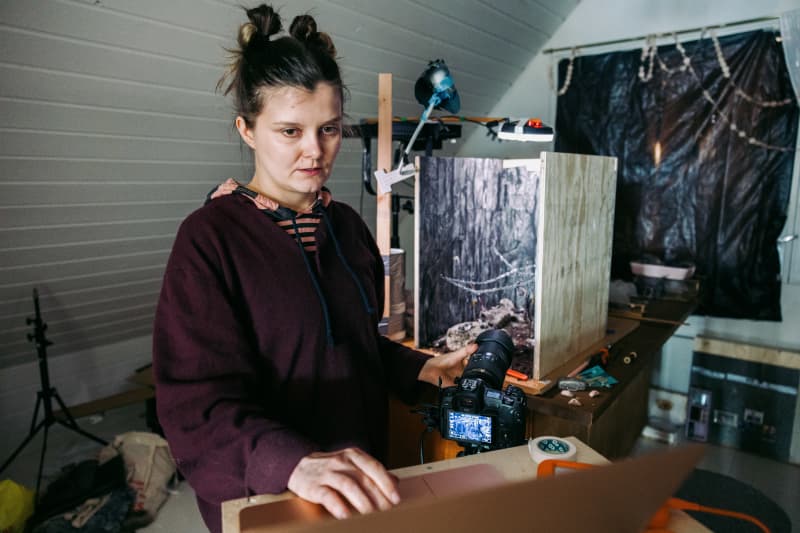
Do I have a mouse too?
This spring, the award-winning director has returned to confusing and partly contradictory memories.
He is currently shooting his new film *Here it smells like a mouse*. It is Yli-Harja’s most personal guidance work.
The film is about a big life change. In this case, about reassembling and finding yourself after a breakup.
*It smells like a mouse here* also tells about the imperfection of life.
– The movie deals with the human confusion of life, and self-acceptance in it. Still, everything can go just fine.
The film has a special background story.
As a little girl, Yli-Harja fell in love with the children’s TV show *Aänirosvo*. It tells about the adventures of the mice from Olavinlinna long ago.
– It was a tough story. It tortures mice. I memorized the song word for word and made my own version of it on cassette.
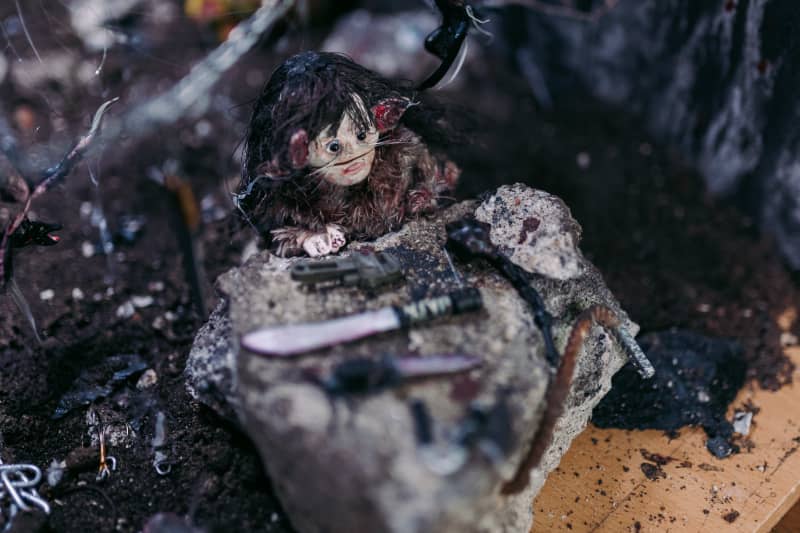
The childhood recording came in connection with the move. While listening to the cassette, Yli-Harja realized that he had a similar \”mouse\” living inside him, which he had become familiar with from listening to the dream.
According to Yli-Harja, mouseiness is \”the kind of disgusting thing\” that one does not accept in oneself. People have more than just good sides.
– And then you can accept them when you realize that I’ve always been such a mouse, and that mouseness has always had a lot of good things in it, says Yli-Harja.
He narrows his mouth into a grimace and reveals his claws.
An imperfect human?
*What kind of thoughts did the story evoke? You can participate in the discussion until 11 pm on April 3.*
